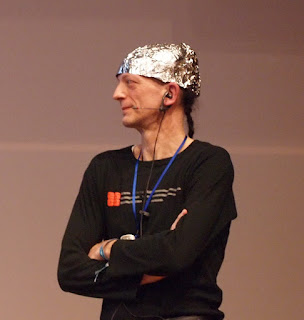SARS-CoV-2 Can Reactivate Other Dormant Viruses
SARS-CoV-2 is a nasty bug. As we know, it can cause serious illness and death. But we also know a certain percentage of cases—about 7.5% according to the CDC—turn into "long COVID" where symptoms can persist for weeks, months, or even years.
In July I blogged about research on places where the virus can hang out after acute symptoms subside. The leading candidate is the gut, with people shedding viral DNA in their feces months after the initial infection.
Today I read a study published earlier this fall that looked at SARS-CoV-2's ability to reactivate viruses laying dormant in our systems. They looked at people who had lingering fatigue from myalgic encephalomyelitis/chronic fatigue syndrome (ME/CFS).
In the saliva of these people they found evidence of reactivation of herpesviruses 1-6 (HSV1, HSV2, VZV, EBV, CMV, HHV6), and human endogenous retrovirus K (HERV-K). This happened 3-6 months after a COVID-19 illness, even after mild/asymptomatic cases.
The researchers described it a "a potent trigger for reactivation." So there's one more reason not to mess around with COVID-19 if you can avoid it: It might revive zombie viruses handing out in your body.



